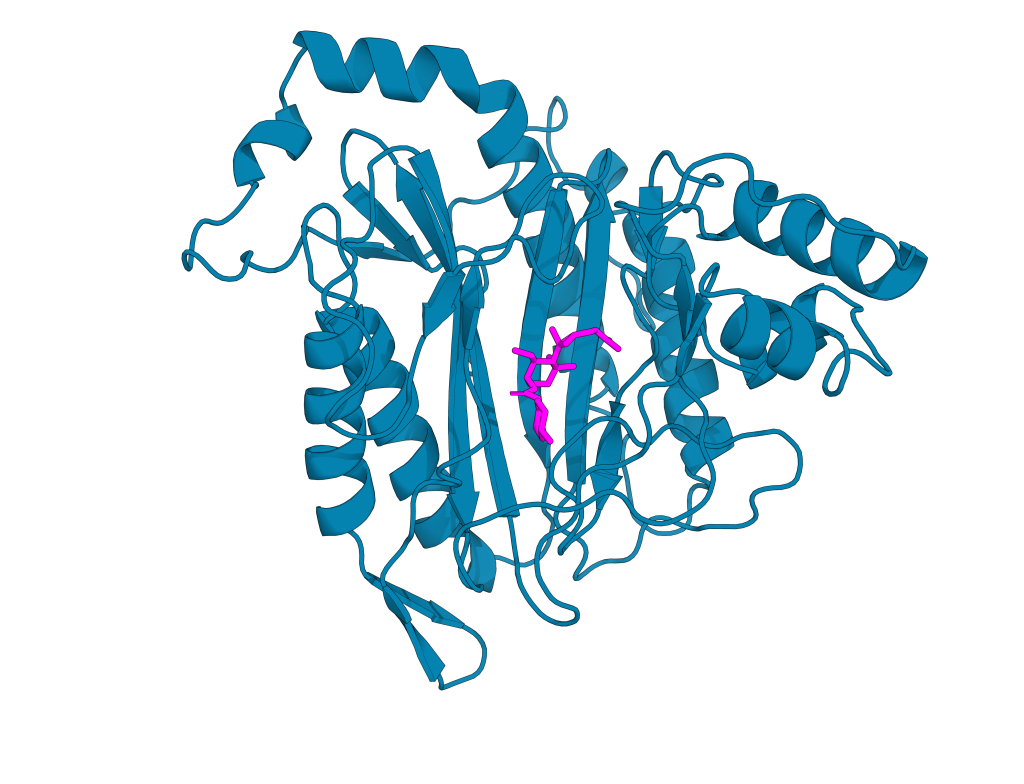The Next Generation of Cancer Care:
Metabo-Oncology
We're transforming cancer treatment by addressing the systemic metabolic drivers and angiogenic enablers of the disease.



Our Mission
SynDevRx is dedicated to ushering in a new cancer treatment modality:
Metabo-Oncology – the science that unravels the complex ways cancer taps into a person’s fat and glucose stores to supply it with essential building materials – underlies disease progression in over 13 solid tumor types, and covers a novel patient population that has been under-treated for far too long.


About the cancer-Metabolism Nexus
Metabolic Hormones Drive Cancer
Cancer needs lots of fuel to grow and spread.
To keep up, cancer sends out signals to draw-in new blood vessels (a process called “angiogenesis“). In addition, cancer cells interact with a person’s metabolic hormones (e.g., insulin, leptin) helping it grow and spread (metastasize).
Depriving cancer of the essential blood, oxygen and food it demands arrests its growth and spread, providing a multi-dimensional assault, leaving it more susceptible to attack from other treatments, and making them more effective.
Our Lead Compound
Evexomostat (SDX-7320)
Evexomostat is a fumagillin-class polymer-conjugated methionine aminopeptidase type II (MetAP2) inhibitor that is being developed as an anti-cancer compound for cancer patients with metabolic complications.
Evexomostat has a unique multi-modal mechanism of action:
Anti-angiogenesis,
Improves the underlying metabolic dysfunction
Cell cycle arrest, and
Activates the tumor immune micro-environment.
Clinical Development
Validating metabo-oncology Via clinical development
Metabo-oncology is being developed as a complementary cancer treatment modality to existing ‘standard-of-care’ therapies that makes targeted treatments, chemotherapy and immune-oncology treatments more effective and improves patient outcomes.
We are validating this novel, high impact approach to cancer treatment initially through clinical studies in breast and in prostate cancers.
Open Clinical Trials
2nd/3rd line, metastatic Triple-Negative Breast Cancer (mTNBC)
combined with chemotherapy: Eribulin (Halaven®, Eisai, Inc.)
2nd line, metastatic HR+/Her2- Breast Cancer, with a PI3K pathway alteration, following CDK 4/6 treatment
combined with targeted therapyies: capivasertib (Truqap®, AstraZeneca) or alpelisib (Piqray®, Novartis)
plus
Fulvestrant (Faslodex®, AstraZeneca)
Upcoming and Planned trials
Next up: A pilot study in the Aggressive Variant (AV) metastatic prostate cancer - set to open to patients in late 2025/early 2026
Planned: study for metastatic androgen-resistant prostate cancer, followed by planned studies colorectal, liver (HCC), and NSCLC indications
phase 1 - completed
Dose Escalation Safety study showed stable disease in 75% of end-stage cancer patients, plus significant reductions in key metabolic and angiogenic biomarkers, and with a good safety profile.
news & Insights

$1.2 M Grant Awarded for Evexomostat Prostate Cancer clinical Research
- Funding for clinical pilot study in aggressive variant prostate cancer; - advances mechanistic research in metAP2 inhibition

Amelia-1 Trial Advances after initial Safety Evaluation
Initial safety cohorts demonstrate good tolerability with capivasertib or alpelisib, allows for Dose-escalation to higher dose

AACR Journal Publishes SDX-7320 Pharmacology
unique pharmacology of Evexomostat (SDX-7320) published in peer-reviewed AACR Journal Molecular Cancer Therapeutics
1 Broadway Fl. 14, Cambridge, MA 02142
© 2025 Copyright SynDevRx All rights reserved. Privacy Policy | Terms of Use
